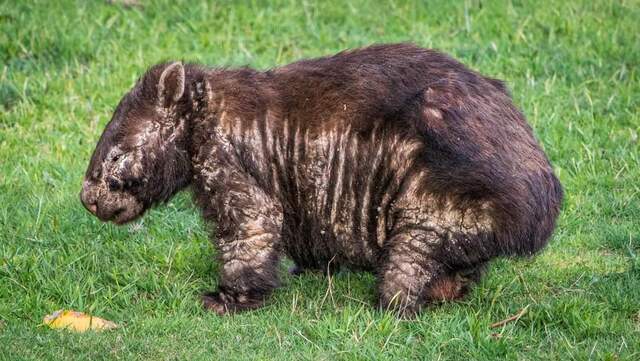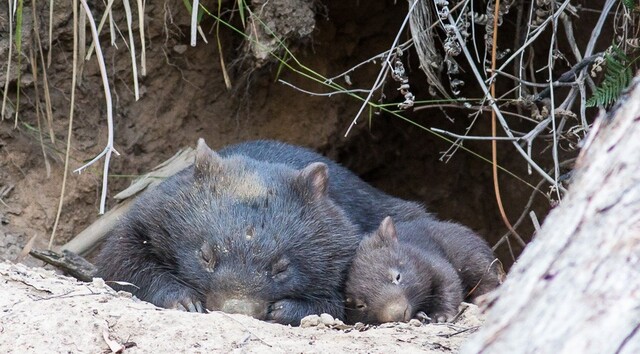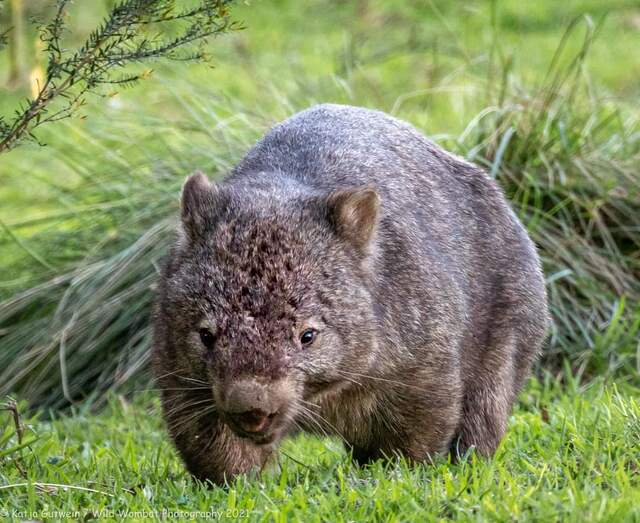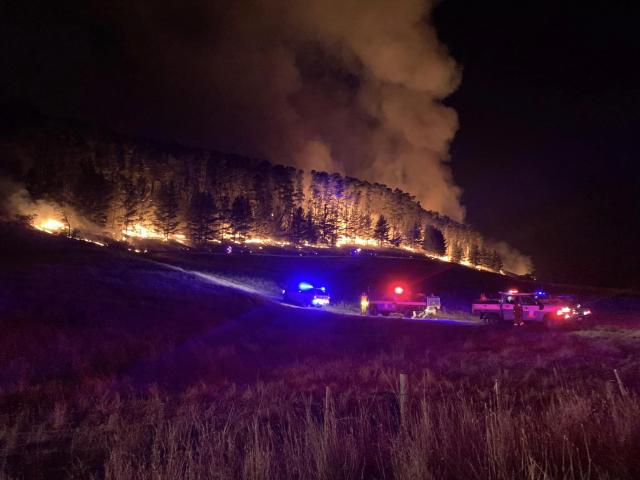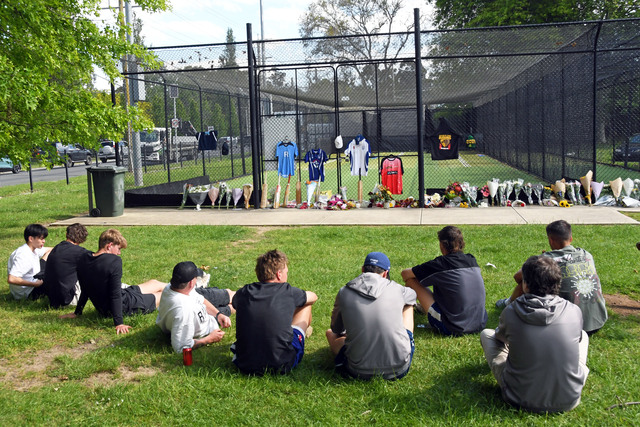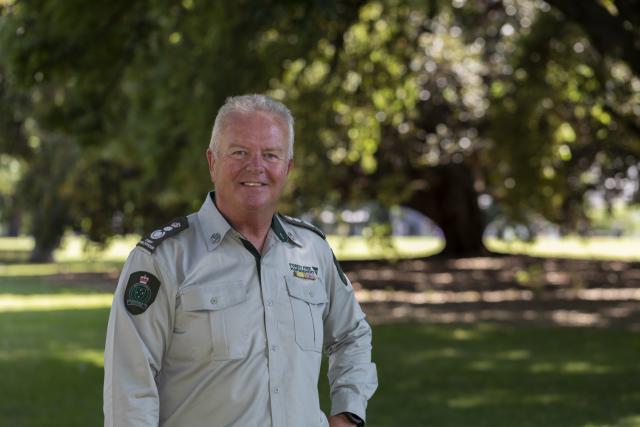The Hills residents are stepping up this World Wombat Day on 22 October to treat mange in wombats, with the support of volunteer group Mange Management Inc. and they are calling for more volunteers to help them out.
Mange Management is a group of dedicated volunteers committed to treating and reducing the impact of mange in wombats in the wild.
Volunteers from all over Dandenong Ranges including Monbulk, Kallista, and Sherbrooke will be helping to free the wombats from mange mite infestation.
Kallista-based volunteer Carol Cook said the main points they want to get across is that everybody can make a difference in the lives of these animals.
“Wombats can be helped, because historically, people didn’t think they could be helped, and still, there is a lack of awareness around what mange actually is,” Ms Cook said.
Mange is not a disease but an infestation of the mange mite, the female mites burrow under the skin where they deposit eggs, these hatches and cause intense discomfort.
Over time thick plaques that look like scabs and ridges form over the wombat’s body – these scabs become dry and split open, the wounds can then become flyblown and infected.
The fact that wombats are nocturnal and live underground means treatment is difficult but not impossible.
Many wombats live on private land, their health and well-being are dependent on the landowner’s concern and interest.
“This issue has been an ongoing concern for many years, and if the infestation progresses without treatment, they could die from it,” she said.
“Mange in wombats has always been present, but recently we’re seeing a lot more –unfortunately, there isn’t a reliable census to count wombat numbers, this raises concerns about how they are faring overall, especially with the other issues they face – mange mites are on the rise and needs to be treated.”
Ms Coke has been volunteering at Mange Management for just over two years, having previously been involved in the treatment of mange and wildlife in the UK.
“I became aware of this awful problem for wombats, which are such an iconic species in the Australian landscape, and I just wanted to try and do my bit to help them,” she said.
The good news is mange mite is a treatable condition, and everyone can help, and in most cases, a volunteer will be assigned to manage the treatment, collaborating with landowners, land care groups, and wildlife rescues.
There are two forms of treatment: one involves direct application onto the wombat’s body, and the other uses a burrow flap set up in front of an active wombat burrow.
Ms Cook said while it’s not as straightforward as it sounds, but if done properly, it’s extremely effective.
“Hopefully by walking past an animal that is clearly suffering people’s empathy will be stirred, help these suffering animals,” Ms Cook said.
“We’re currently facing the sixth mass extinction, losing so many species, and we can’t afford to lose wombats too.”
“Humans have created a challenging world for wildlife, with habitat destruction and traffic issues leading to many animals being hit on the roads – these are huge problems in themselves, and when you add something like mange mite – wombat populations are really struggling.”
Monbulk resident Daniel Jackson said he felt obligated to help when saw an animal suffering.
“I don’t like to see animals suffer and have a painful slow death, when I learned, I could help resolve a wombat’s mange, it was a no-brainer,” he said.
Mange Management Inc founder and secretary Katja Gutwein said mange is a devastating condition for wombats, causing severe discomfort for the spices.
“It leads to a slow and horrible death if not treated, everyone can help make the world a better place for wombats, please report wombats with mange-to-Mange Management,” Ms Gutwein said.
“Spread the word that wombats with mange can be treated or donate to us either directly via our website or by taking part in the Container Deposit Scheme, and choosing Mange Management as your donation partner in the app.”
Sherbrooke resident Scott Cunliffe has been dedicating his time in relieving discomfort in wombats.
“The question should be if you can help, why wouldn’t you, if I was that itchy and suffering, I’d hope if someone could help, they would and because it’s the right thing to do,” he said.
If you are interested in volunteering, contact Mange Management, at info@mangemanagement.org.au or phone 0431 600 125.
The organisation will provide a free mange treatment kit from over 45 locations across Victoria.

